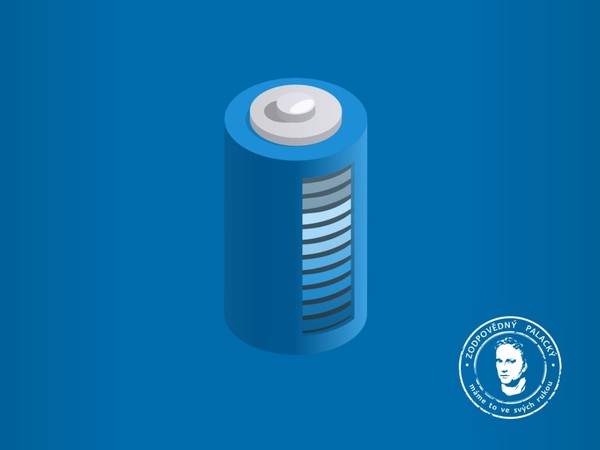In recent weeks, university management has been intensively working on solutions to the hike in energy prices. In cooperation with other universities, it is engaged in close cooperation with the Ministry of Education and other relevant authorities.
At present, the most important thing is for the state to make clear its strategy on how to ensure energy for universities, or how to support universities to cope with the increase in energy prices. On the basis of this information, the university can then elaborate its internal crisis strategy. At present, Palacký University has its energy costs fixed until the end of the year; nevertheless, it is currently preparing a crisis management plan. In the coming days, the UP Crisis Team will meet to discuss the problem of the expected increase in energy prices.
Despite the forthcoming blanket measures, the help of every individual will be essential to manage the situation – meaning university employees and students alike. To make things easier for you, in the spirit of Responsible Palacký, we are offering you a simple Ten Commandments of Energy Savings. Together, we can do it!
The Ten Commandments of Energy Savings, or How to Help the University Through Personal Heroics
1. If you are the last person to leave a room, turn off the lights. – This includes classrooms, corridors, and even WCs. Pay attention as to whether this is a through corridor intended for more people: in the winter, when it gets dark early, the lights may be left on for safety reasons in times of increased movement. At WCs, also pay attention as to whether or not there may be someone still in the stall(s), for the dark and the light switch being at the main doors could pose a slight logistics problem.
2. If you are leaving your workstation for a longer period of time, turn off your computer. – You will not only save energy by it not being on during its “sleep” period, but you are also benefitting by giving it a full rest. Turning off computers completely is not applicable in all circumstances, nor for all colleagues in a workplace; while acting in good faith, you might be accidentally interrupting research into the cosmos.
3. Ventilate regularly, but shortly and effectively. Heating however can be turned down a notch without consequences. – Due to the continuing Covid threat, but also to support general health and fresh air (something especially necessary in offices and when studying), it is not a good idea to stop ventilating in work and study spaces. Nevertheless, best would be to ventilate with fully open windows for a short period of time when entering a room and then closing the windows. Ventilation can of course be repeated several times a day, depending on your needs….
4. If possible, use the stairs instead of the lifts. – Of course, this does not apply in the case of a librarian carrying a ton of books, or for those in wheelchairs. However, if you are physically capable, and your job description and your time allow it, help not only us to save energy, but also help improve your own physical condition.
5. Thoroughly close building doors. – This is not necessary in the case of automatic doors which are operated photovoltaically; however, if you have a handle on your powers, check whether the crack of the door can be minimalised. Especially in the winter months, don’t allow difficultly amassed heat to escape willy-nilly into Olomouc’s chilly streets. Intense discussions held over a transom have long since fallen out of fashion.
6. Close the door to your workplace/office. – The ideal time to do this is not when your colleagues, students, or boss are on their way in. Nevertheless, in offices with doors opening into less-heated corridors, try your best to save every degree of heat, and it is quite likely that the thermostat can be turned down.
7. Do not cover radiators. – One exception would be your wet clothing after a supercell storm. Kitchen towels, curtains, shades, or furniture placed in front of radiators are not only a tragedy because they are unsightly, but mostly because the radiators are then less effective. If the radiators are covered, you will have a decidedly colder office than your colleagues in adjacent offices with uncovered radiators, even with the same thermostat setting.
8. Do not use portable electric heaters nor portable A/C units. – If you have been experiencing long-term temperature discomfort in your office, tell your immediate supervisor. You are allowed to refuse the jumper offered and appeal for a technical building maintenance solution.
9. Substitute the use of university automobiles with more energy-saving means of transportation. – If you are planning a work trip and your health allows it, try substituting the university auto with alternative transportation, such as a train or bus for longer distances, or take a romantic stroll, go by bike, or public local transportation. If you are going on a long journey, send the university a postcard at the end of the week.
10. Keep a positive attitude: warm greetings and a big smile always heat things up!
